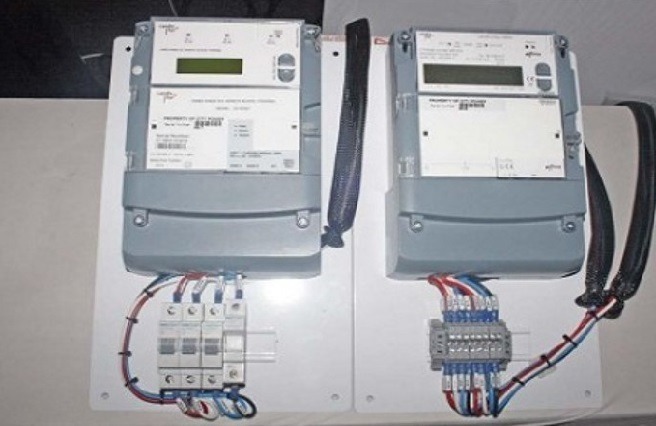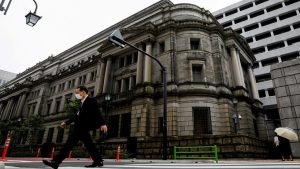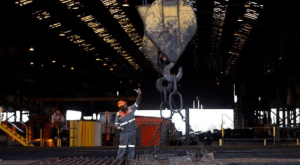Reserve Bank Governor Lesetja Kganyago says the electricity crisis and logistics constraints continue to present inflationary risks to the economy.
The Monetary Policy Committee (MPC) has kept interest rates unchanged on Thursday. This means that the repurchase rate remains unchanged at 8.2% while the prime lending rate by commercial banks remains on hold at 11.7%.
While inflation is showing signs of easing it still remains higher than the bank’s preferred midpoint of 4.5%.
Kganyago says fuel and food price inflation also remains volatile.
He says, “Achieving permanently lower inflation and interest rates requires inflation expectations to be closely anchored to the mid-point of the target band. Against this backdrop, the MPC decided to keep the repurchase rate at its current level of 8.25% per year. The decision was unanimous. At the current repurchase rate level, the policy is restrictive, consistent with the inflation outlook and the need to address rising inflation expectations.”
VIDEO: MPC briefs the media on its decision regarding the interest rate:
Growth forecast
The Reserve Bank has revised its economic growth forecast for 2023 from 0.8 to 0.6%, citing logistics constraints and a shortage in electricity supply. While the bank forecasts growth of 1.2% this year it expects these constraints to persist.
Chief Economist at Nedbank, Nicky Weimar says, “Our growth rate has been hurt dramatically by all the structural problems we are facing, uh, specifically the energy constraint and also increasingly the collapse of the rail network, the inefficiencies at the port. All of that has combined to really put a stranglehold on economic growth, and it will continue to limit the extent to which we can accelerate growth. Um, at the same time, obviously we have got very significant risk issues. One of those risk issues is, of course, the deterioration in our fiscal position. Uh, we are running much wider budget deficits than we budgeted for, and we are seeing an escalation in our debt.”
An Economist at PricewaterhouseCoopers, Xanti Payi, says the Reserve Bank’s projected current account deficit of 2.4% this year is a point of concern.
“That deficit really is a difference of course between what we export and what we import. And wherever that deficit is, that gap, we need to find something to close that with. And that usually then means in, if we don’t find something to close that with that rent, then we’ll depreciate or it’ll lose its value. And that loss in value is what tends to be inflationary because as we know, we are net importers. So then we import all of these goods, um, and services at higher prices, and that affects, uh, the exchange rate. So that is really the serious concern around these softening prices and this lower production and the less of the exports that we have.”






